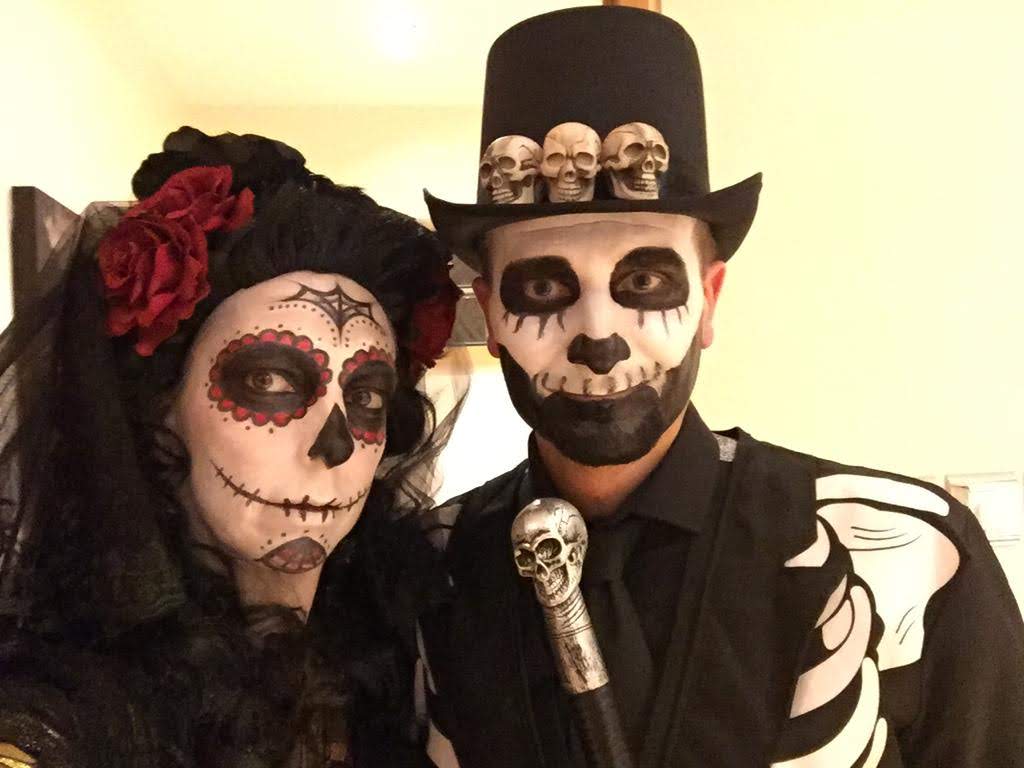Brain Fog, Freud’s “Trägheit”
This is an informative article on that cloudy, foggy brain that I know I’ve definitely experienced over the last year of the pandemic. That dull minded feeling where you just can’t really remember what you’ve done or what you’re meant to do and yet you feel anxious and stressed at the same time. It’s both waiting for something to happen, yet knowing you can’t do anything at the same time. And it affects you in strange ways, memories do become blurred, it’s hard to recall when things happened, weeks fly by yet days can seem slow.
Read on:
We might all agree that the uncertainty of the last year has been quite stressful – more so for some than for others. When our mind appraises a situation as stressful, Pariante explains, our brain immediately transmits the message to our immune and endocrine systems. These systems respond in exactly the same way they did in early humans two million years ago on the African savannah, when stress did not relate to home schooling, but to fear of being eaten by a large animal. The heart beats faster so we can run away, inflammation is initiated by the immune system to protect against bacterial infection in case we are bitten, the hormone cortisol is released to focus our attention on the predator in front of us and nothing else. Studies have demonstrated that a dose of cortisol will lower a person’s attention, concentration and memory for their immediate environment. Pariante explains: “This fog that people feel is just one manifestation of this mechanism. We’ve lost the function of these mechanisms, but they are still there.” Useful for fighting a lion – not for remembering where we put our glasses.
When I have experienced brain fog, I have seen it as a distraction, a kind of laziness, and tried to push through, to force myself to concentrate. But listening to Loveday, Simons and Pariante, I’m starting to think about it differently; perhaps brain fog is a signal we should listen to. “Absolutely, I think it’s exactly that,” says Pariante. “It’s our body and our brain telling us that we’re pushing it too much at the moment. It’s definitely a signal – an alarm bell.” When we hear this alarm, he says, we should stop and ask ourselves, “Why is my brain fog worse today than yesterday?” – and take as much time off as we can, rather than pushing ourselves harder and risking further emotional suffering, and even burnout.
For Cohen, the phenomenon of brain fog is an experience of one of the most disturbing aspects of the unconscious. He talks of Freud’s theory of drives – the idea that we have one force inside us that propels us towards life; another that pulls us towards death. The life drive, Cohen explains, impels us to create, make connections with others, seek “the expansion of life”. The death drive, by contrast, urges “a kind of contraction. It’s a move away from life and into a kind of stasis or entropy”. Lockdown – which, paradoxically, has done so much to preserve life – is like the death drive made lifestyle. With brain fog, he says, we are seeing “an atrophy of liveliness. People are finding themselves to be more sluggish, that their physical and mental weight is somehow heavier, it’s hard to carry around – to drag.” Freud has a word for this: trägheit – translated as a “sluggishness”, but which Cohen says literally translates as “draggyness”. We could understand brain fog as an encounter with our death drive – with the part of us which, in Cohen’s words, is “going in the opposite direction of awareness and sparkiness, and in the direction of inanimacy and shutting down”.
This brings to mind another psychoanalyst: Wilfred Bion. He theorised that we have – at some moments – a will to know something about ourselves and our lives, even when that knowledge is profoundly painful. This, he called being in “K”. But there is also a powerful will not to know, a wish to defend against this awareness so that we can continue to live cosseted by lies; this is to be in “–K” (spoken as “minus K”). I wonder if the pandemic has been a reality some of us feel is too horrific to bear. The uncertainty, the deaths, the trauma, the precarity; perhaps we have unconsciously chosen to live in the misty, murky brain fog of –K rather than to face, to suffer, the true pain and horror of our situation. Perhaps we are having problems with our thinking because the truth of the experience, for many of us, is simply unthinkable.
https://www.theguardian.com/lifeandstyle/2021/apr/14/brain-fog-how-trauma-uncertainty-and-isolation-have-affected-our-minds-and-memory?utm_medium=10todayuk.20210419&utm_source=email&utm_content=article&utm_campaign=10todayuk
